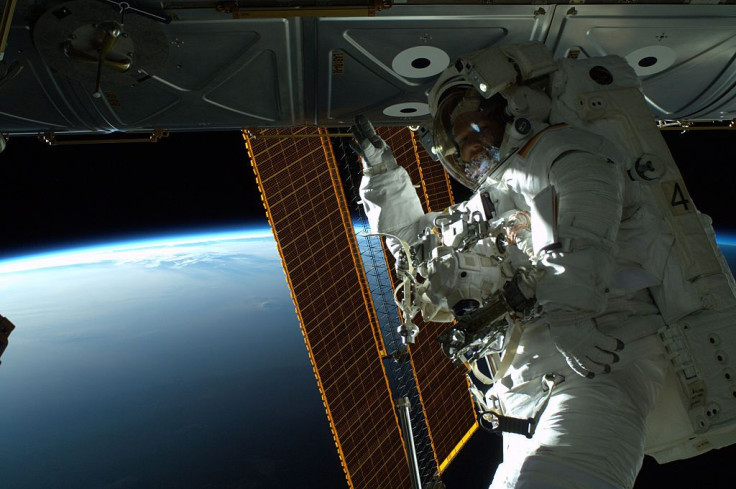Interplanetary Travel: How A Mars Trip Can Affect Muscles In Our Bodies

A new study exploring the effects of microgravity on human body suggests traveling to Mars and setting up a habitat there could pose a significant risk to the muscles of the travelers.
NASA and SpaceX aim for deep space and are already building massive rockets to launch crewed missions to the moon and beyond. But before any of that happens, all parties involved should look forward to addressing the concerns posited in a new research conducted by an international group of physiologists.
According to the team, during long-term spaceflights or in future Martian habitats, astronauts would be exposed to microgravity or the condition where the gravitational field is much smaller than that of Earth. In these environments, the amount of oxygen would be lower than Earth, which means the cells won’t be able to use it to produce the energy required by skeletal muscles to enable movement.
This would limit their function and lead to the condition of inactivity, something which may have a more drastic effect on skeletal muscles than the reduced levels of oxygen, according to the study. The team posited this after simulating the impact of 21-day long spaceflight or stay on Martian or lunar environments on the human body.
They first studied 11 healthy males in normal environments and then followed up with 21-day long bed-rest sessions in both, normal, oxygen-rich environments and hypoxic conditions (with less oxygen content). The subjects were asked to perform one-leg knee extension exercise so that the team could understand how tissue obtains energy by burning sugar and fats if oxygen delivery is disrupted. Mitochondrial respiration or how cells use oxygen to produced energy was also assessed with biopsy.
The outcome of the observation confirmed impairments did not get aggravated due to the lack of oxygen. Previously, it has been demonstrated that inactivity and hypoxia both are associated with severe cardiovascular and respiratory diseases, but this work affirms the former is more lethal to skeletal muscles.
Put simply, space agencies and companies will have to focus on keeping astronauts more active during their journey.
"This research will help prepare astronauts for spaceflight and it improves our understanding of how muscles respond to long periods of inactivity in association with hypoxia,” Bruno Grassi, the chief investigator of the project, said in a statement.
"Future studies will have to investigate in more detail the mechanisms responsible for the observed findings", Grassi added. “The results obtained on skeletal muscles, moreover, will have to be interpreted in conjunction with those deriving from other studies of the PlanHab project, dealing with the cardiovascular, respiratory, immune and central nervous systems and metabolism."
The study titled, “PlanHab: hypoxia does not worsen the impairment of skeletal muscle oxidative function induced by bed rest alone” was published in the Journal of Physiology on April 17.
© Copyright IBTimes 2024. All rights reserved.



















